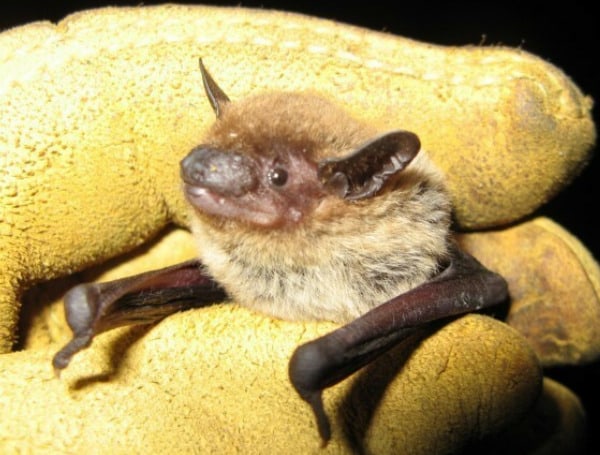The Florida Fish and Wildlife Conservation Commission (FWC) advises the public that fall is an ideal time to exclude bats from your home or other structures.
Exclusion is not permitted during bat maternity season, which officially concluded Aug. 15. Waiting until fall protects Florida’s beneficial bat populations by keeping them undisturbed while they give birth and raise their young, called pups.
Fall is the ideal time to bat-proof your home, after bat pups have been weaned and can fly and search for food on their own. Fall is also when you may legally exclude any bats that might occupy a structure on your property.
While the state’s native bats typically roost in trees, caves or other natural spaces, they are also attracted to human-made structures. It is only legal to use exclusion devices between Aug. 15 and April 15.
In the news: Trump Backs Florida In Tech Law Fight
Exclusion devices allow bats to safely exit a structure without reentry and are the only legal and appropriate method to remove bats from your home or building. It is illegal in Florida to kill or harm bats. Bat exclusion is a multistep technique where all potential bat entry and exit points in a building are identified.
To legally exclude bats, exclusion devices must be left up for a minimum of four nights and the low temperature must be forecasted to remain above 50 degrees during that time period.
Florida boasts 13 native bat species, all of which are both ecologically and economically beneficial. These include the federally-listed Florida bonneted bat and the tricolored bat, which was recently proposed to be listed.
All of the state’s bats are insectivores, with a single bat capable of eating hundreds of insects, such as mosquitoes or garden pests, in a single night. Bats’ worldwide impact is felt in their capacity as pollinators, seed dispersers and fertilizers.
The FWC suggests the following to aid native bat populations:
- Preserve natural roost sites, including trees with cavities or peeling bark.
- Leave dead palm fronds and Spanish moss, which can provide roosting spots for bats.
- Install a bat house on your property.
- Report unusual bat behavior, as well as sick or dead bats: MyFWC.com/BatMortality.
For more information on proper exclusion techniques and ways you can help bats in Florida thrive, visit MyFWC.com/Bats.
Visit Tampafp.com for Politics, Sports, and National Headlines. Support journalism by clicking here to our GiveSendGo or sign up for our free newsletter by clicking here.
Android Users, Click Here To Download The Free Press App And Never Miss A Story. Follow Us On Facebook Here Or Twitter Here.
Copyright 2022 The Free Press, LLC, tampafp.com. All rights reserved. This material may not be published, broadcast, rewritten, or redistributed.

